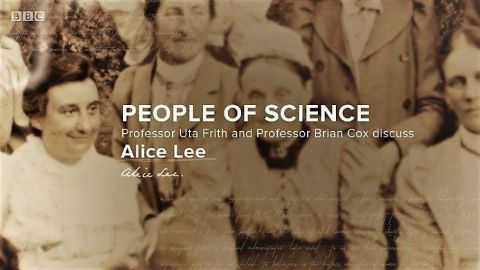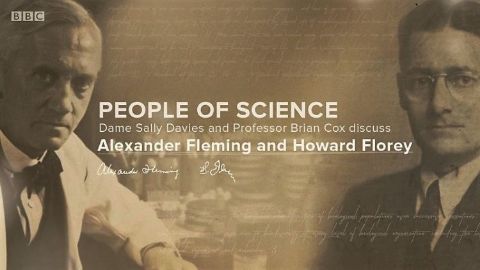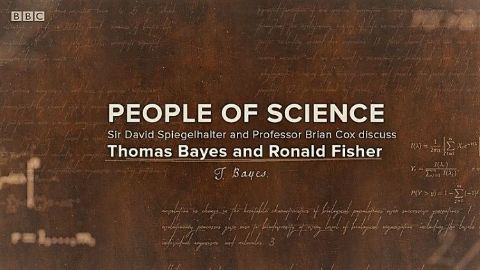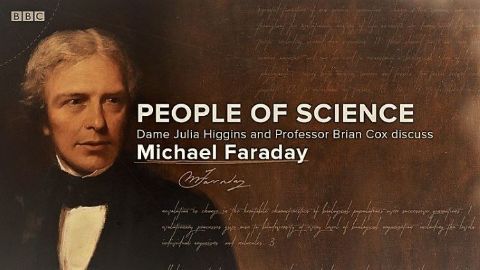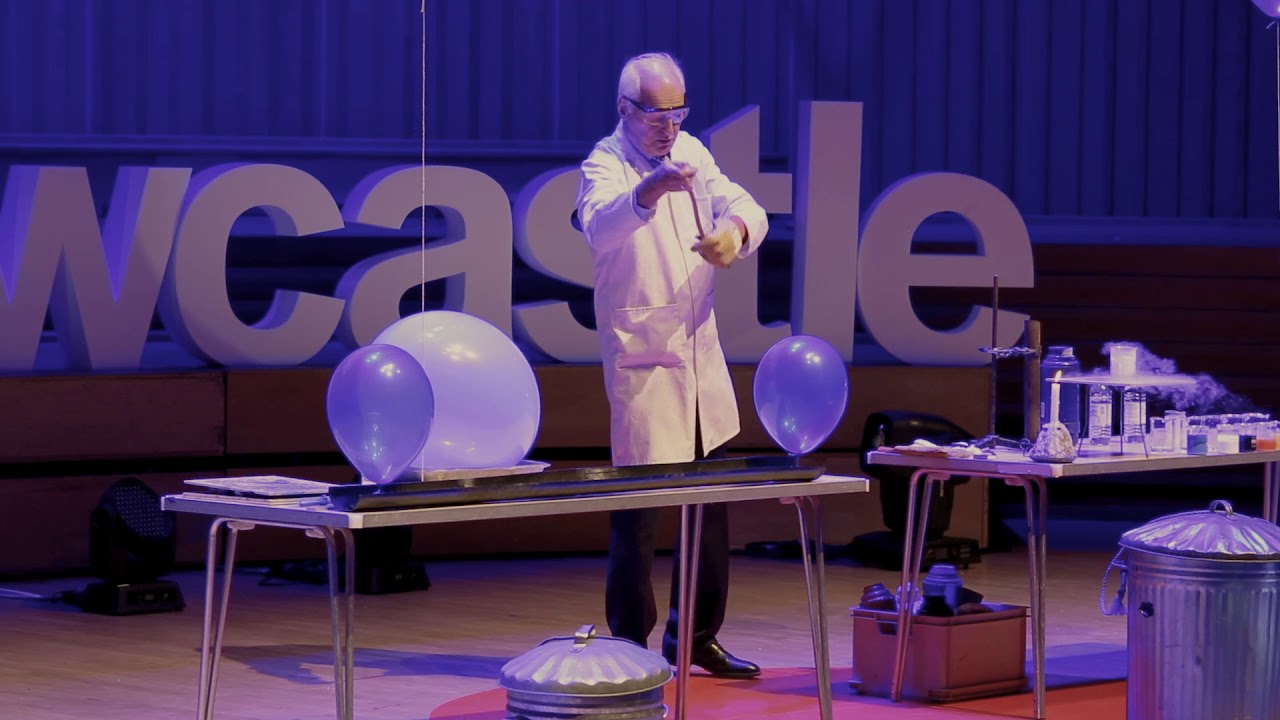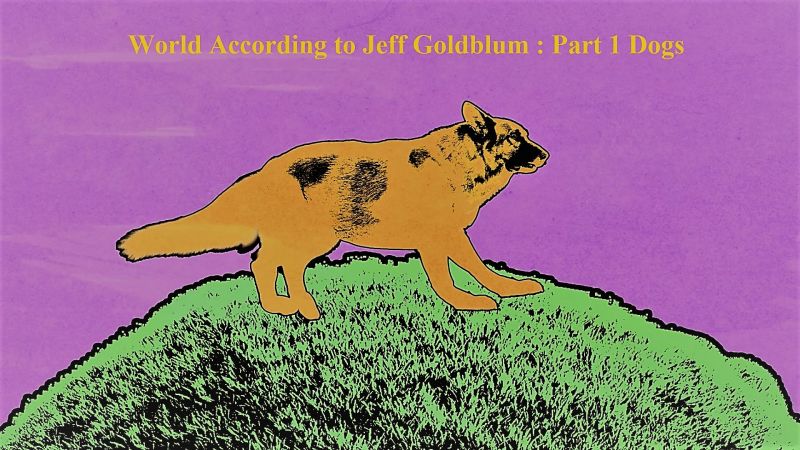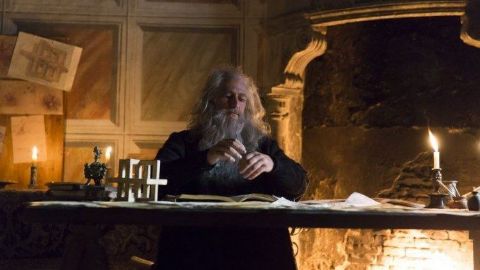People of Science with Brian Cox • 2018 • 6 episodes •
David Attenborough talks to Brian Cox about his admiration for the achievements of Charles Darwin, and how On the Origin of Species inspires him in his work in the natural world.
2018 • Science
The pioneering developmental psychologist Uta Frith discusses Alice Lee, whose work in craniology challenged the idea that women were intellectually inferior because they have smaller brain sizes.
2018 • Science
The writer Bill Bryson talks to Brian Cox about his admiration for the US scientist, author and inventor Benjamin Franklin and his many achievements.
2018 • Science
Dame Sally Davies talks to Brian Cox about her interest in antibiotic resistance and admiration of Alexander Fleming and Howard Florey for their development of penicillin.
2018 • Science
David Spiegelhalter discusses how the work of amateur mathematician Thomas Bayes and statistician Ronald Fisher helped to shape the current thinking of probability.
2018 • Science
President of the Institute of Physics Professor Julia Higgins explores the life and work of Michael Faraday and how his curiosity and passion for communicating science inspires her.
2018 • Science

